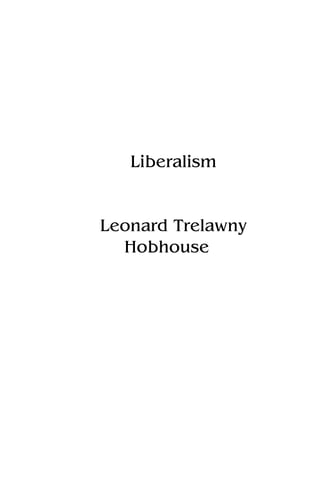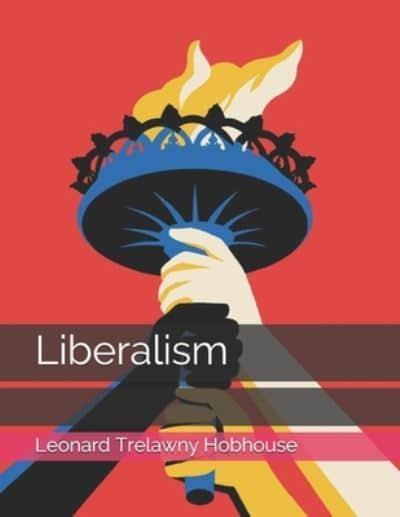Hobhouse liberalism is a political philosophy that emphasizes the importance of individual liberty and social justice. It was developed by the English philosopher and politician Leonard Trelawny Hobhouse in the late 19th and early 20th centuries.
Hobhouse believed that the state had a role to play in promoting the well-being of its citizens and in ensuring that they had the opportunity to lead fulfilling and meaningful lives. To this end, he argued that the state should provide certain basic goods and services, such as education, health care, and social security, to all of its citizens.
Hobhouse also believed in the importance of individual freedom and liberty. He argued that individuals should be free to pursue their own goals and interests, so long as they did not harm others in the process. He believed that the state had a responsibility to protect the rights and freedoms of its citizens, and to ensure that they were not oppressed or disadvantaged by those in positions of power.
One key aspect of Hobhouse liberalism is its commitment to social justice. Hobhouse argued that the state had a duty to address inequalities in society and to ensure that all citizens had the opportunity to participate fully in the economic, social, and political life of the country. He believed that this could be achieved through progressive taxation and the provision of social services, such as education and healthcare, to all members of society.
Hobhouse also believed in the importance of international cooperation and the promotion of peace. He argued that nations should work together to resolve conflicts and promote the well-being of all people around the world.
Overall, Hobhouse liberalism is a political philosophy that combines a commitment to individual liberty and social justice with a belief in the role of the state in promoting the well-being of its citizens and addressing social inequalities. It remains an influential ideology to this day, with many contemporary political parties and movements drawing on its principles and ideas.






